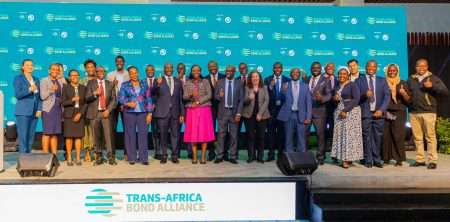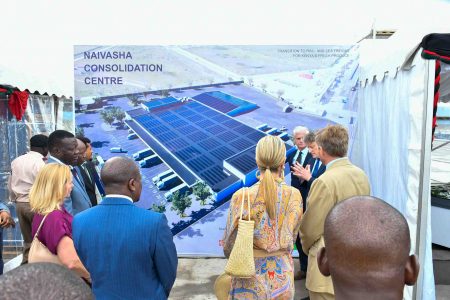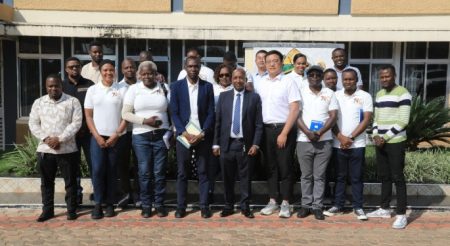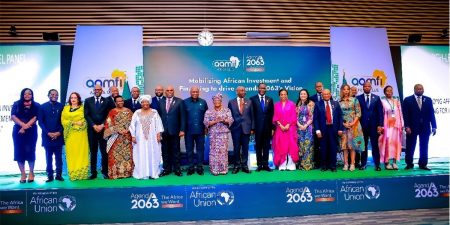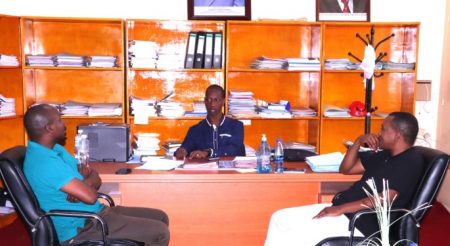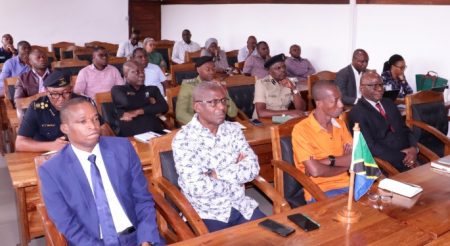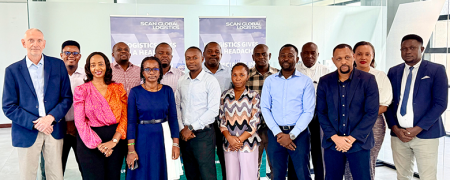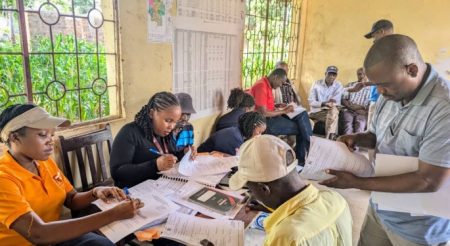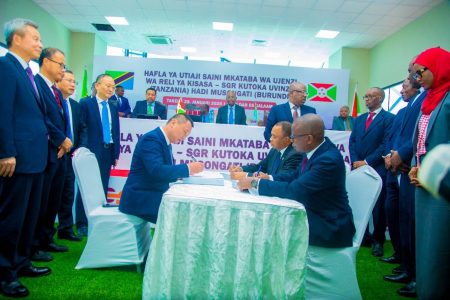This content is for Premium Subscribers only. To view this content, login below or subscribe as a Premium Subscriber.
Related News Articles
3 min
2 min
2 min
Uganda Railways Corporation Supply of Locomotives
17 March 2025
East Africa, Uganda
1 min
1 min
Burundi Citizens Ready for SGR Project
01 March 2025
East Africa, Tanzania
1 min
Lobito, TAZARA Threaten Walvis Bay’s Attractiveness to Namibia’s Neighbours
01 March 2025
SADC, Zambia
2 min
SGR to Boost Economic and Trade Growth Between Tanzania and Burundi
21 February 2025
East Africa, Tanzania
2 min
Scan Global Logistics expands into Tanzania to complete its access to East Africa
14 February 2025
East Africa, Tanzania
1 min
TRC Ensures Fair Compensation as SGR Project Progresses
06 February 2025
East Africa, Tanzania
1 min
Strategic Engagement on the Electrified Standard Gauge Railway Project in Kindu
06 February 2025
East Africa, Tanzania
1 min
CCTTFA Witnesses Signing of SGR Connecting Uvinza, Tanzania, and Musongati, Burundi
02 February 2025
East Africa, Tanzania
1 min
